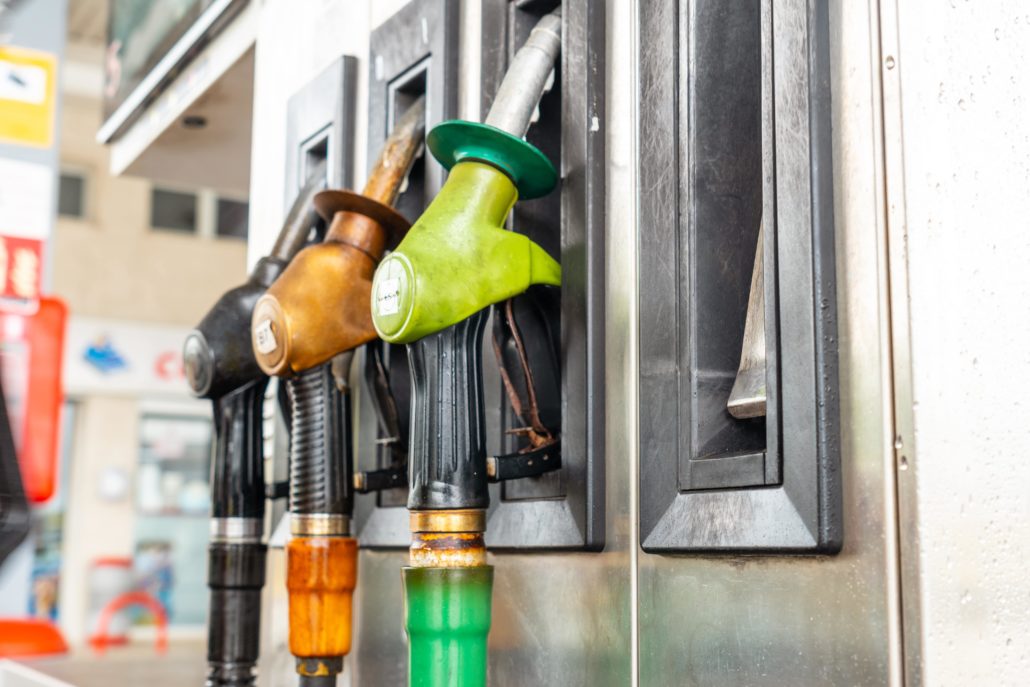As EU leaders scramble to keep their energy supplies for the coming winter, at least two Western Balkans states (North Macedonia and Kosovo) will declare an energy emergency this August, predicting shortages in colder months. The pandemic caused economic shock in Western Balkans countries, their GDP contracting by 3.2% in 2020, rebounding to 7.4% growth in 2021. However, the global energy price surge threatens new economic challenges. Policymakers for the European Commission’s Green Agenda for the Western Balkans must reconcile prices and security with environmental protection. This requires strong, coordinated action from their governments and support from the European Union.
The impact of war on the energy crisis in the Western Balkans
Russia’s war on Ukraine has weakened the region’s already fragile energy security. Except for Albania, which prioritises hydropower, these states source a significant amount of their energy from fossil fuels, especially coal. Serbia, Bosnia and Herzegovina, and North Macedonia are reliant on Russia for gas supplies. However, this is just a modest proportion of their energy. Therefore, although all Western Balkans countries barring Bosnia and Serbia have applied EU sanctions on Russia, their use of natural gas prevents the Kremlin from retaliating against them by cutting off their energy. This also helps protect them from the direct impact of surging gas prices.
Surviving the crisis and becoming energy secure
To become energy secure, these countries must pivot to the EU and adhere to their regulations, especially with renewable energy. Western Balkans countries should also diversify their energy supply chains. They should work with the EU to formulate innovative, country-specific approaches to the green transition. In fact, they have already committed to doing so. Most states in the Western Balkans rely on coal-fired power plants for energy. This jeopardises the European Green Deal. Nonetheless, given the energy crisis, coal-burning will continue in the short term. North Macedonia and Kosovo already announced they will delay plans to phase out coal plants.
To survive the energy crisis, Western Balkans states must cooperate with each other within the framework of the Berlin process. They could prepare joint investment proposals in renewable energy and the integration of electricity and gas markets. The European Commission outlines a €300 billion plan to cut EU dependence on Russian fuels by two-thirds before 2023, and to import no Russian energy at all by 2031. This strategy marks a shift in the union’s approach to energy. It will seriously impact these organisations, focusing on speeding up the shift and diversifying their network with liquefied natural gas depots and other infrastructures.
New energy routes via the Balkans
Therefore, the Western Balkans might grow to be a primary pathway that helps alleviate some of Europe’s energy security troubles in the medium term. Gas pipelines could link EU members to territories on the Caspian Sea, such as Azerbaijan, and the Greece-Bulgaria interconnector scheduled to become operational this year. There are also plans for a liquefied natural gas terminal in Alexandroupolis, that links to the Trans Adriatic Pipeline. Long term, the REPowerEU plan should promote efficiency and accelerate the union’s transition. Western Balkans countries would benefit from taking inspiration from the EU and prioritising renewables and international interconnectors as well as aligning with EU energy legislation.
Western Balkans states do not have large energy sectors. But, due to their geographical closeness to the EU, they can be crucial to developing the union’s energy policy. Therefore, these countries must all work to combat Russia’s monopoly on Western Balkans’ gas, even if the role that natural gas plays in the region’s energy sector is a small one. Furthermore, the EU should develop transportation structures for gas and oil in the Balkans. Such networks will be key to undermining Russian dominance in the sector. It is time for the EU to have a decisive and thorough energy security concept for all of south-eastern Europe.
Learn more about how B2BE support the energy supply chain with our range of innovative solutions, including EDI, E-Invoicing and Document Distribution.
